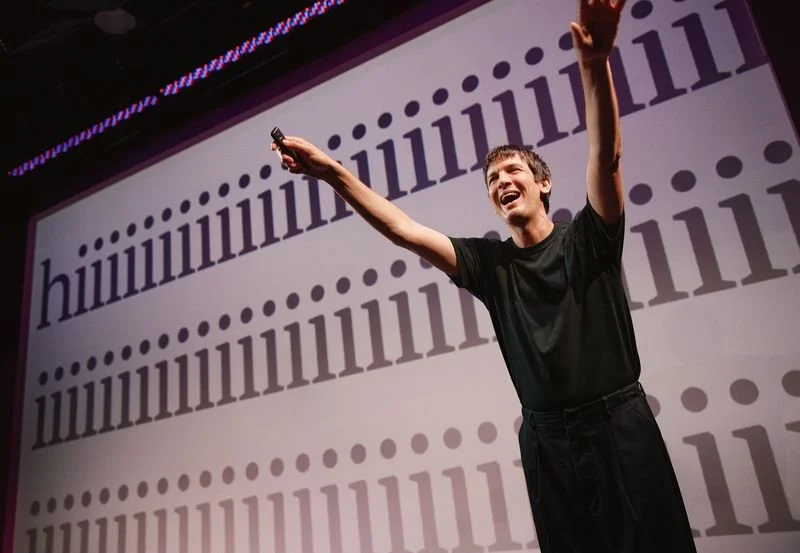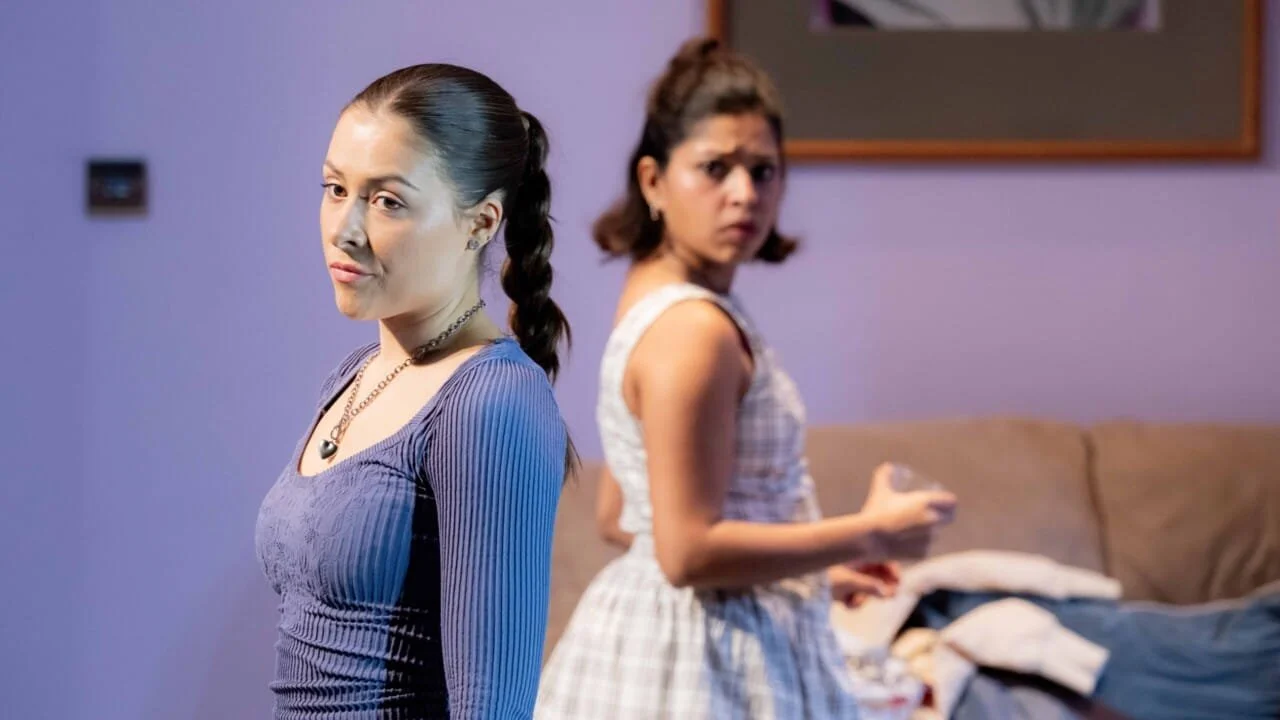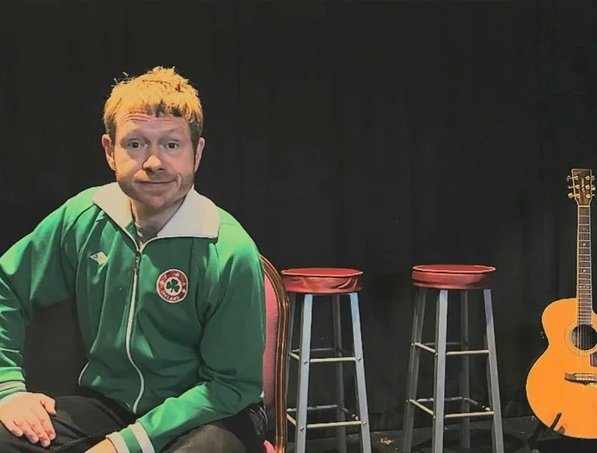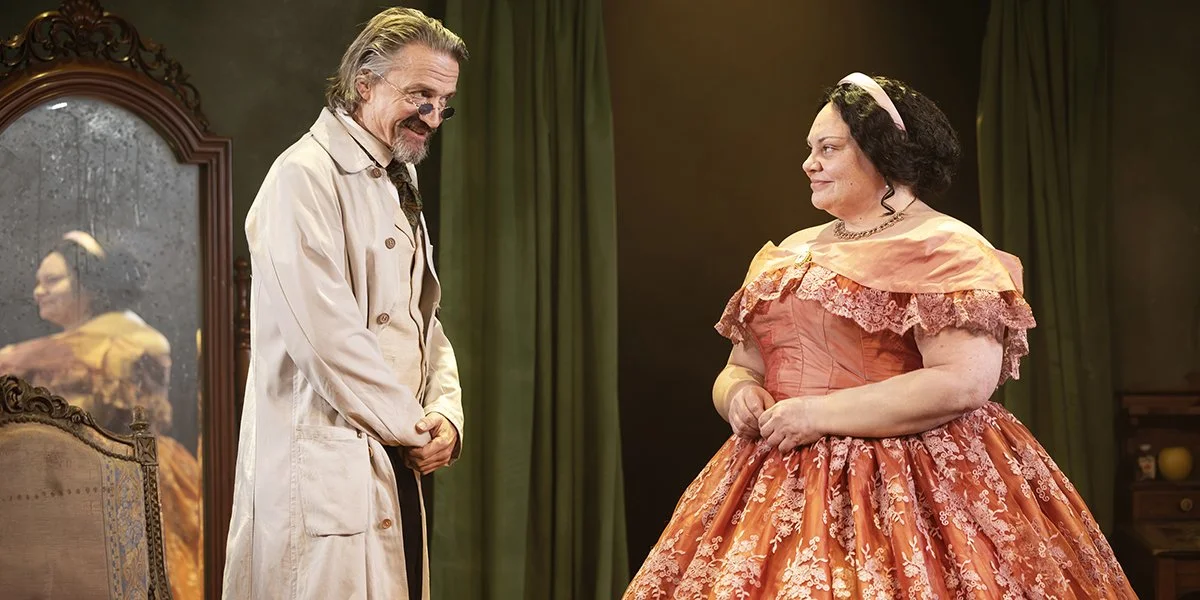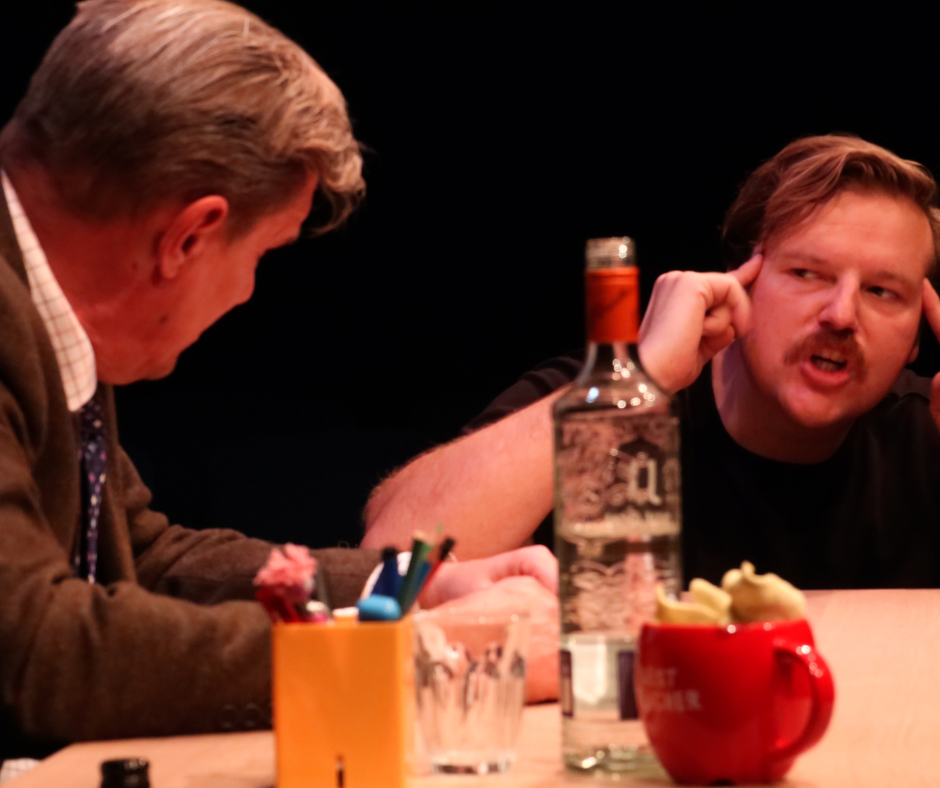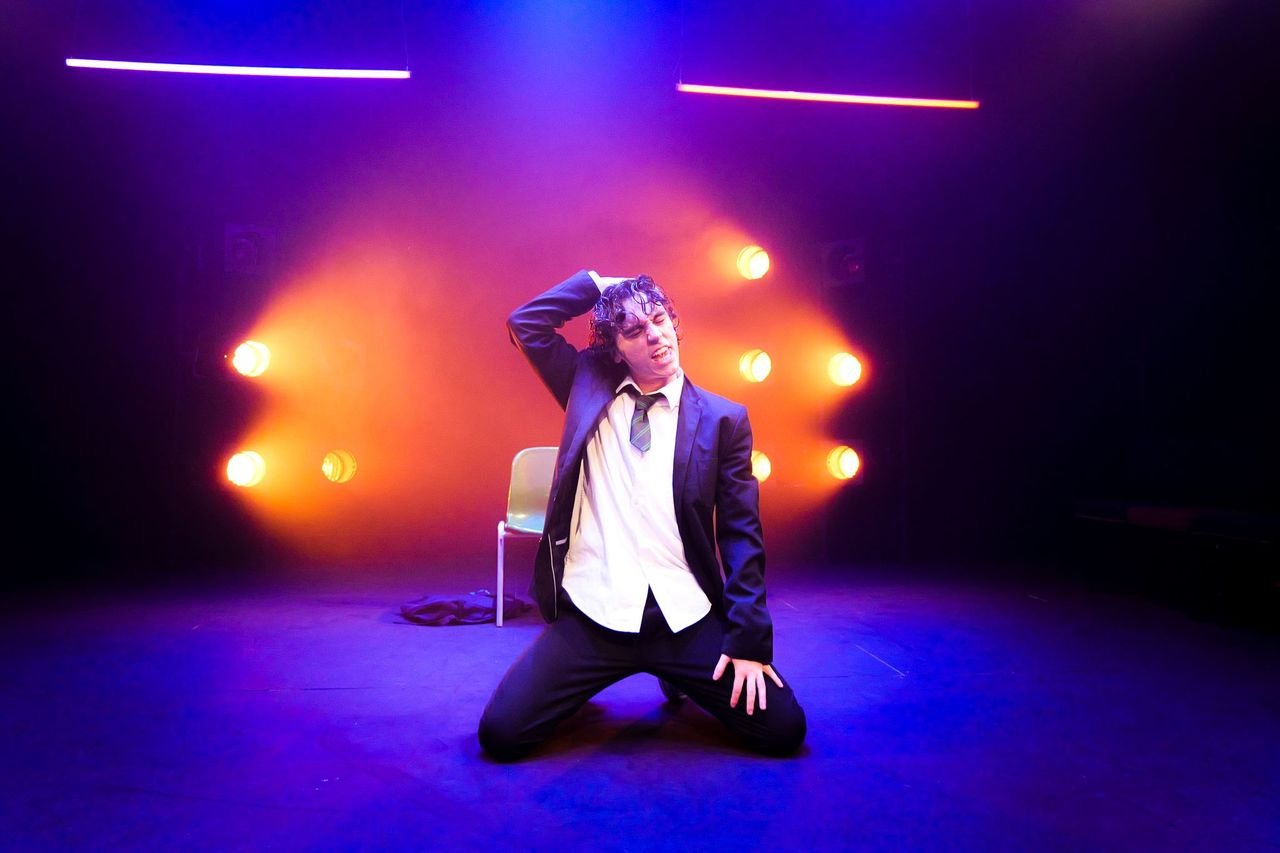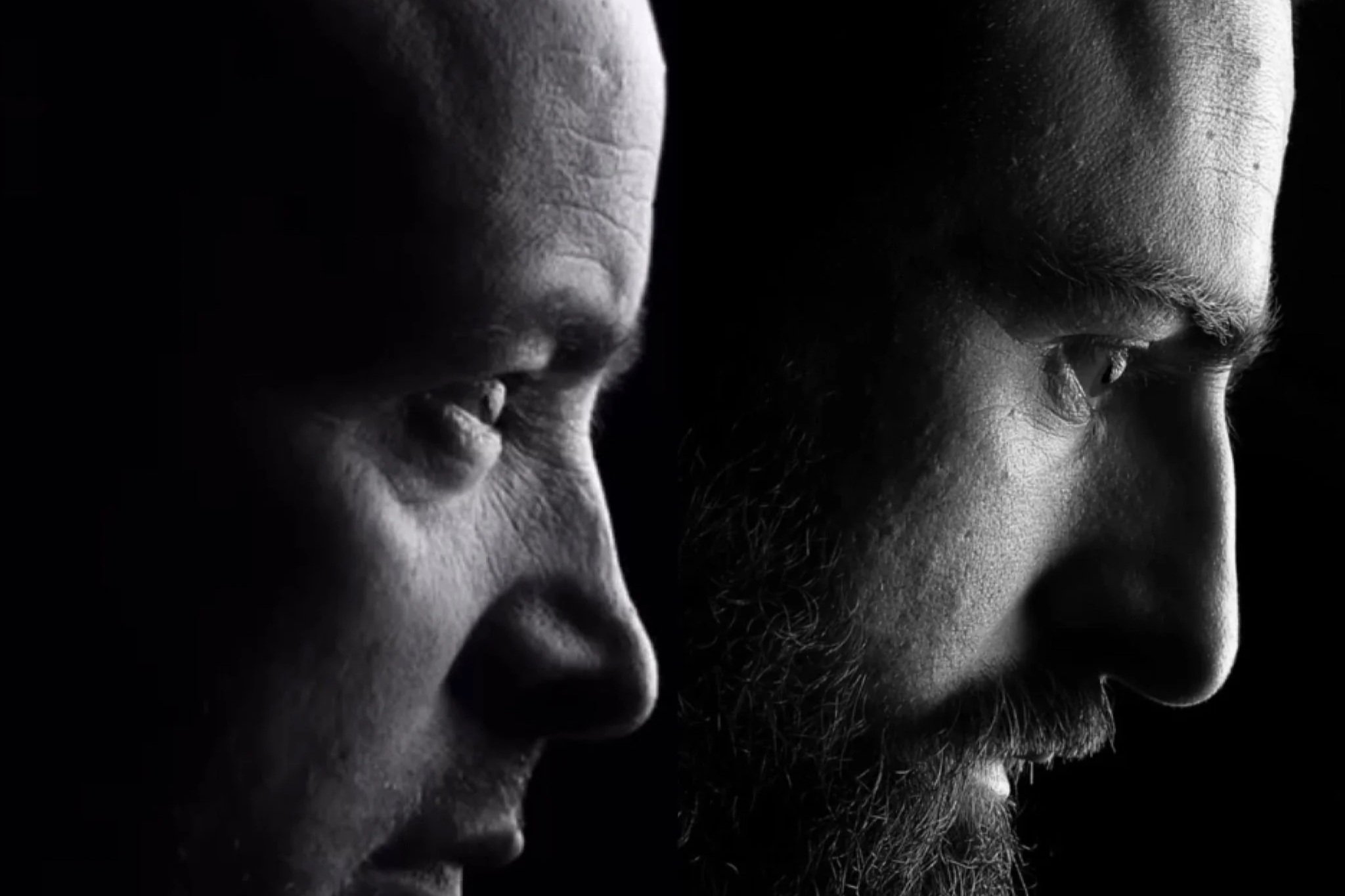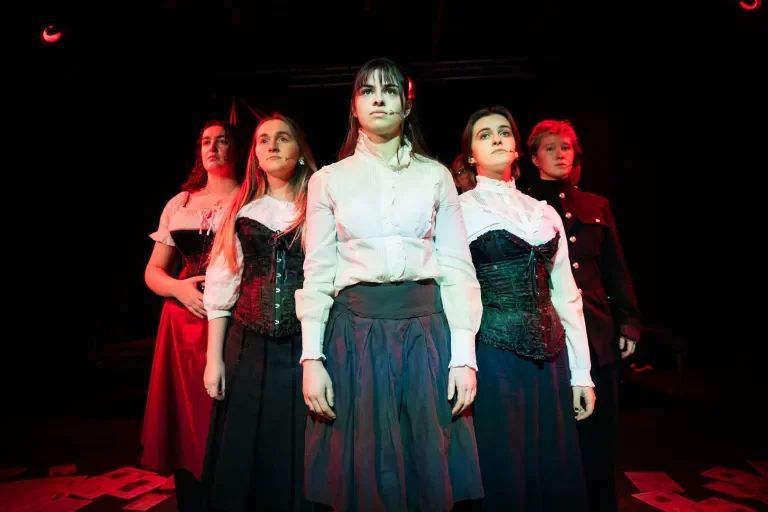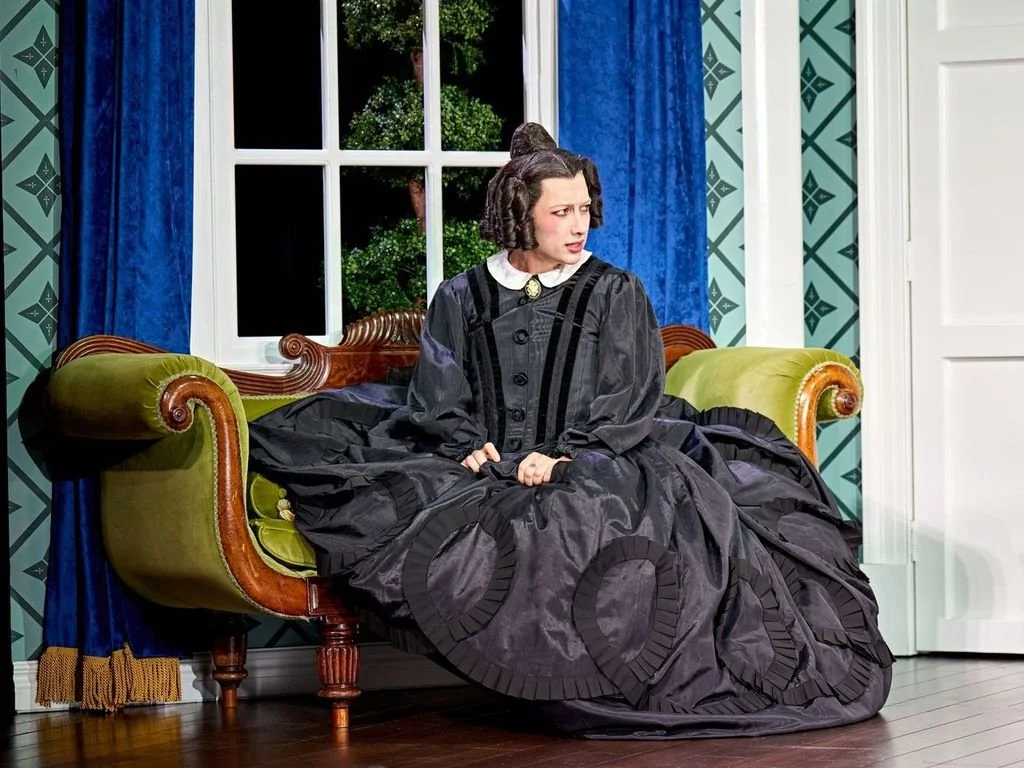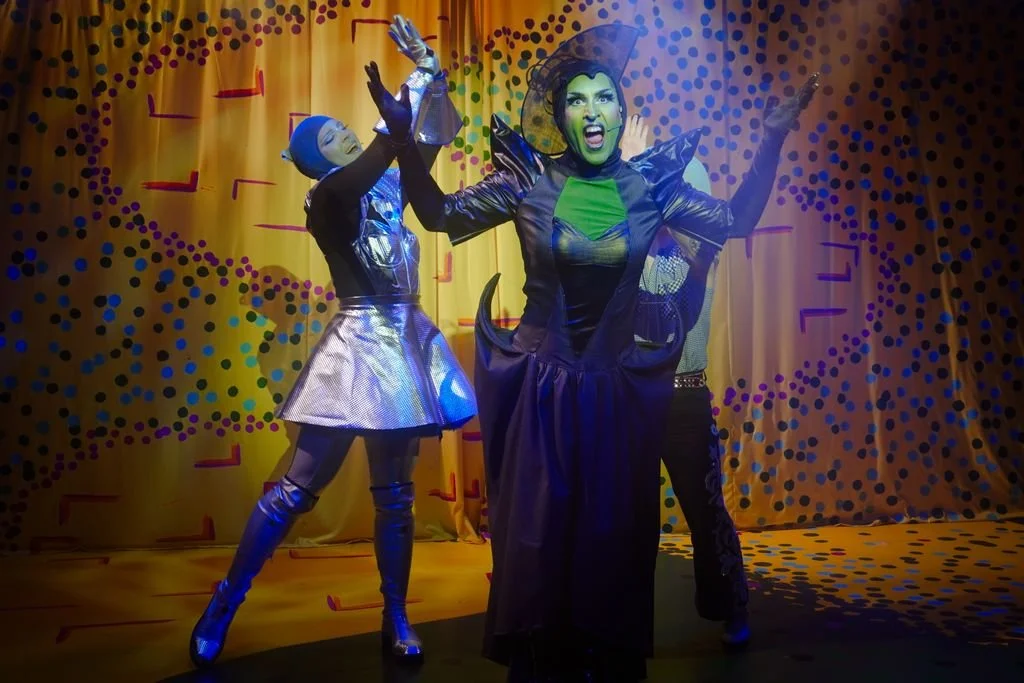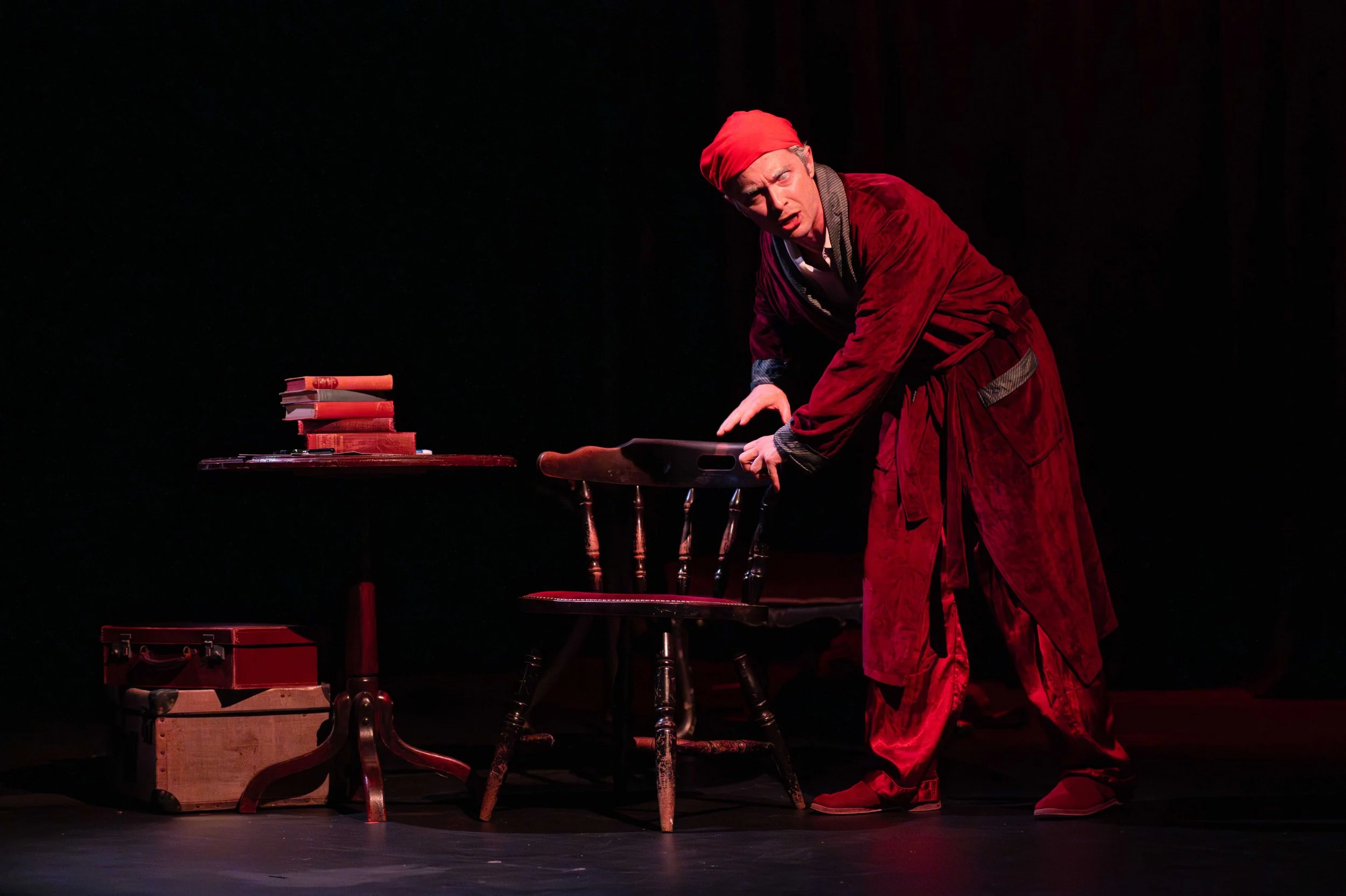Stereophonic at Duke of York’s Theatre Review
The Cast of Stereophonic. Photo by Marc Brenner
Written by Penny for Theatre & Tonic
Disclaimer: Gifted tickets in exchange for an honest review
Written by David Adjimi, with original music composed by Arcade Fire’s Will Butler, Stereophonic follows the fortunes of a fictional British-American 70s rock band as, following a hugely successful tour supporting their first album, they spend a year in a Californian studio recording the follow up. As their fame grows and the band members find themselves on the verge of superstardom, the pressure on their professional and personal relationships mounts.
Stereophonic was a big hit on Broadway, with its 2024 run extending multiple times and garnering a record 13 Tony nominations, winning five, including Best Play. Now it has transferred to the West End, directed once again by Daniel Aukin, who led the production to such huge success on Broadway.
Designer David Zinn has created a studio set that feels brilliantly authentic and intimate. Wood panelling around the walls and the shades of orange and brown in the upholstery instantly transport us to the 1970s, while Enver Chakartash’s costumes are both appropriate for the characters and spot on for the period. Scene changes are punctuated with slick lighting changes from Jiyoun Chang, moving the action from the studio to the engineer’s control room. Ryan Rumery has delivered excellent sound balance as we move from live performance to playback, from frank discussions off the mic to a few personal conversations accidentally picked up that definitely shouldn’t have been overheard. Put together, the impression is one of a ‘fly on the wall’ documentary, a rare chance to step behind the scenes and see an unsanitised version of a band’s creative process, albeit a fictional one!
Adjimi’s script gives us a snapshot of his characters’ lives rather than a traditional narrative style. The members of the band are established through short scenes that give us the band’s backstory as well as setting up the inevitable conflicts in their relationships. The studio engineers observe the band and discuss them, their banter providing some lighter moments that defuse the growing tension in the room. Under Aukin’s direction, characters talk over each other and, when emotions are high, will gabble a speech, almost falling over the words. This feels very natural, and due to the mannerisms and tone of the actors, it’s absolutely clear what they are saying, even if you don’t catch every word. Awkward pauses are almost painful, but very real and relatable.
The first act runs at an hour and forty minutes, and could do with having 10-15 minutes cut. Although aiming to give us a true take on the recording process, much of the more mundane business feels unnecessary, and it takes a little too long to set the scene at the start of the play. However, Act Two runs at a fantastic pace. As the band’s creative output hits its stride, so the cracks in relationships that we saw in Act One turn into bigger and more insurmountable rifts.
The London cast is packed with talent. As engineers Grover and Charlie, Eli Gelb and Andrew R. Butler (who both appeared in the show on Broadway) provide a perfect balance of commentary and comedy, with Butler’s awkward underdog persona a particularly marked contrast with the egos of the band members. Also transferring from the Broadway production, Chris Stack impresses as the band’s founder member and diva drummer Simon. In his hands, a sequence about tempo that should have been tedious, became hugely entertaining through his increasingly frustrated interactions with Gelb’s Grover.
Two couples complete the cast. We meet bass player Reg (Zachary Hart) and keyboard player Holly (Nia Towle), struggling to stick together in the face of his drug and alcohol addiction, sometimes played very effectively for laughs but without losing sight of the negative impact on everybody else. Guitarist and de facto leader of the band, arrogant Peter (Jack Riddiford) is in a long-term relationship with insecure singer/songwriter Diana (Lucy Karczewski, in an impressive West End debut). The pair perfectly convey the resentment and growing crisis in what seems to be a toxic relationship, both in their professional interactions and personal confrontations.
Read what happened when we went along to Stereophonic’s London launch event here.
It would be impossible to write and deliver a play about a successful 70s rock group recording an album without including some exceptional music for that fictional album. Throughout the play we hear snippets of songs that hint at greatness but don’t quite work – it’s a big challenge to strike that balance but songwriter Will Butler has definitely pulled it off. We hear one song, ‘Masquerade’ in full and it stands out – the vocals and musicianship from the cast are exceptional, they are completely convincing as a band on the brink of megastardom. I would have enjoyed a little more “completed” music instead of some of the more drawn-out dialogue in the first act.
Running at three hours and forty minutes, Stereophonic is quite a commitment for its audience. There was a lot of fidgeting in seats towards the end of the very long first act, but the audience was spellbound for the more dramatic Act Two. It might not be for everyone as it’s a slow burn rather than a clear story arc with a satisfying conclusion.
But it’s a great concept and a brilliantly written, directed and acted piece of theatre that effectively draws you into a world that, although you know it’s fictional, feels completely real, giving an immersive glimpse behind the curtain into the secrets of the recording studio. If you’re looking for an original, engaging and highly creative production, Stereophonic ticks all the boxes. Its London run is bound to be a hit.
Stereophonic runs at the Duke of York’s Theatre for a limited season until 11th October 2025.
Find out more and book here.
★★★★




